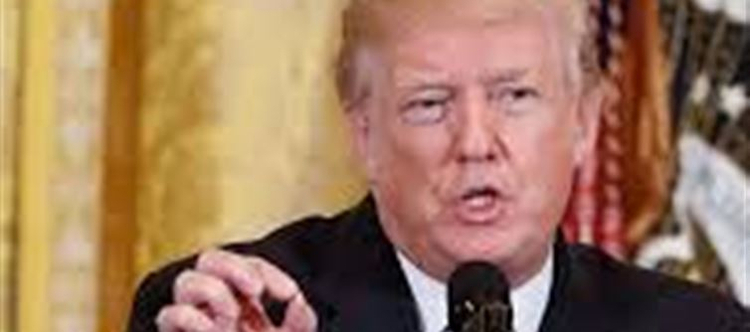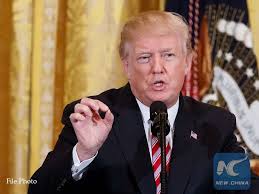

By increasing tariffs, did trump shoot himself in the foot?
The retaliatory tariff imposed by US President donald trump will harm the US economy and may also lead to a global recession. This statement was given by economist akash Jindal on Thursday. Talking to news agency IANS, Jindal said that according to me this is a bad decision due to which the pace of the US economy will slow down and the consumers there will be harmed more and this can affect global trade as well as lead to a global recession.
He further said that our government is solution oriented and takes decisions after looking at the situation. The central government also tried to negotiate with the US regarding the tariff, but the US imposed a retaliatory tariff. This decision may affect the exports from india to the US. This will only cause damage in the short term. However, it will not cause any harm in the long term.
akash Jindal further said that the whole world respects prime minister Narendra Modi. Under his leadership, we can enter into agreements with other big countries of the world in the coming times, which will open new avenues for export of goods from India. It is believed that the tariffs announced by trump will bring a big change in global trade and manufacturing value chain. The retaliatory tariffs imposed by President donald trump on many countries including india may lead to a period of turmoil in the global markets for a short period. This tariff will have the biggest impact on auto, steel and agriculture. However, no tariff has been imposed on pharma. trump on wednesday announced tariffs on many countries including 27 percent on india, 34 percent on China, 46 percent on vietnam and 20 percent on the european Union.
In fact, on wednesday, trump has announced reciprocal tariffs on countries around the world. Let us know how much tariff has been imposed on which countries-
34% tariff has been imposed on China, european Union: 20%, South Korea: 25%, India: 26%, Vietnam: 46%, Taiwan: 32%, Japan: 24%, Thailand: 36%, Switzerland: 31%, Indonesia: 32%, Malaysia: 24%, Cambodia: 49%, United Kingdom: 10%, South Africa: 30%, Brazil: 10%, Bangladesh: 37%, Singapore: 10%. Israel: 17%. Philippines: 17%, Chile: 10%, Australia: 10%, Pakistan: 29%, Turkey: 10%, Sri Lanka: 44%, Colombia: 10%.




 click and follow Indiaherald WhatsApp channel
click and follow Indiaherald WhatsApp channel